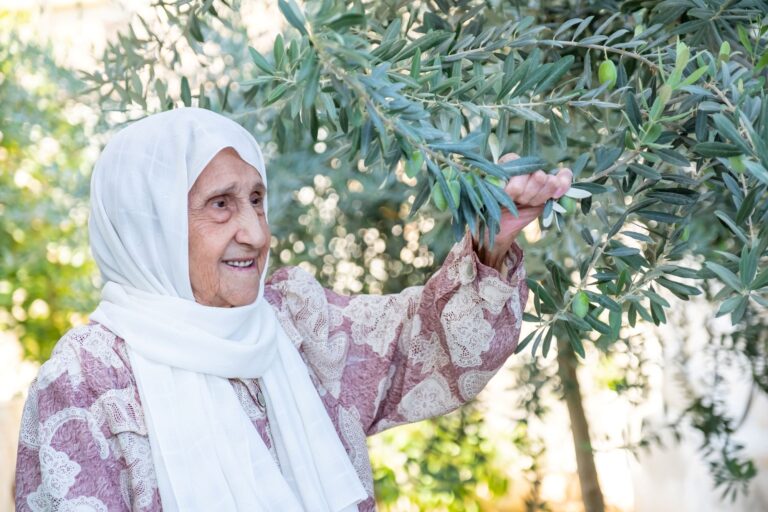The environmental conditions within the Arab community have notably improved in recent years, primarily due to the influences of legislation and government budgets, particularly through government initiatives aimed at economic development within minority populations and five-year plans designed to reduce disparities in the Arab society. This progress has also been facilitated by the involvement of non-governmental organizations and local authorities, which drive and implement these changes.
The purpose of this review of the environmental status within Arab authorities is to identify success stories, key challenges, and opportunities for change in the environmental landscape of the Arab community, particularly in the areas of sustainable development and environmental infrastructure.
The focus of the review is on the characteristics of Arab society, which includes strengths—such as success stories and opportunities for change—alongside challenges, including barriers, weaknesses, and risks. The identified strengths serve as a lever for change that can be applied across various sectors, particularly through government programs promoting the Arab society in environmental realms. These strengths include the community engagement of women, their integration into the workforce, and the establishment of environmental organizations, research institutions, environmental units, and municipal environmental associations. These entities have developed updated programs that can be implemented within the goals outlined in the five-year Plan 550.
The challenges pertain, among other aspects, to the effects of low socio-economic status, both of citizens and of the authorities, on environmental issues. There are notable disparities between the Arab and Jewish populations, as well as differing management cultures. The issues are further compounded by rising crime rates, budget cuts to Plan 550—considered a primary engine for development—the implications of the October ’23 war, and global and national environmental challenges, which disproportionately affect minority populations.
The primary challenges identified include:
• A lack of technological-economic knowledge and support for investing in facilities, infrastructure, and management mechanisms in local authorities.
• Insufficient budget allocation—government funding is essential for success; delays or cancellations of budgets undermine any initiative for implementation.
• Key barriers to promoting Arab entrepreneurship lie in early education and the lack of economic institutions and industry.
• Limited human resources in local authorities, hindering the ability to advance new projects.
• A mutual lack of trust between government ministries and Arab communities that affects the receipt of knowledge and financial support.
• A shortage of professional personnel to examine potential tools for promoting agriculture in Arab, rural, and urban communities.
• A lack of enforcement in open spaces regarding waste disposal and sewage, adversely affecting local residents.
• Insufficient enforcement to reduce the involvement of criminal elements in the development processes of Arab authorities.
• A lack of long-term monitoring of the environmental condition within the Arab community through data collection and evaluation of the implementation status of development programs as a means for informed decision-making.
The risks are mainly tied to climate change and its impact, particularly on economically disadvantaged populations that may be affected in energy facilities, agriculture, and tourism projects, which serve as income sources for residents.
There are few success stories that act as engines and models for desirable change processes. These examples signify the beginning of the necessary transformation in Arab communities, particularly in the domain of energy—such as the success of Jaljulia in exploring options for solar installation and energy efficiency through collaboration with the reg
 / Publications / Assessment of the Environmental Conditions within the Arab Community
/ Publications / Assessment of the Environmental Conditions within the Arab Community











